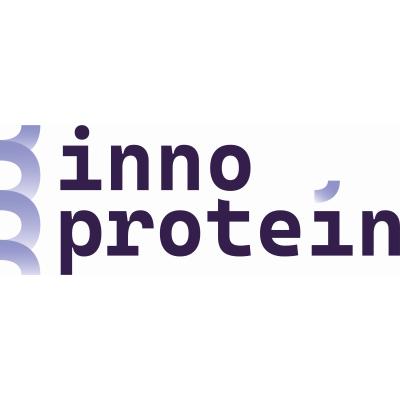
InnoProtein
New sustainable proteins for food, feed and non-food bio-based applications

New sustainable proteins for food, feed and non-food bio-based applications
Against the background of a rising global population and the pressure protein production places on natural resources, sustainable production of sufficient quantities of high-quality protein is a huge economic, social and environmental challenge. In this context, the EU is particularly vulnerable as it imports 70% of its protein-rich crops.
InnoProtein addresses this challenge by tapping into unexploited sustainable protein sources to accelerate Europe’s moves towards protein self-sufficiency. The project aims to obtain single-cell proteins from sources including microalgae, bacteria and fungi and proteins from insects. They will be used in food, animal feed and non-food bio-based products such as stimulants and plastics within a circular and zero-waste perspective.
InnoProtein aims to:
obtain maximum protein yields from microalgae, bacteria, fungi and insects at laboratory scale;
optimise single-cell protein and insect protein recovery processes in terms of sustainability and scaling up;
develop ultrasound monitoring technology and digital tools to further improve the protein recovery processes;
validate the proteins obtained under the project for food, feed and non-food bio-based applications;
demonstrate the environmental, economic and social sustainability of the processes;
maximise the impact of the new developments through a tailored dissemination and exploitation plan.
InnoProtein is expected to:
identify underexploited or unexploited sustainable protein sources;
mobilise protein streams from these sustainable sources;
increase the availability of proteins in the EU and reduce reliance on imports;
contribute to the development of value chains for nutritious, healthy and sustainable food and feed and sustainable non-food products that meet consumers’ expectations as regards quality and price;
reduce food losses by returning food waste to the value chain as culture media for single-cell proteins and raw material for insect production, thereby reducing greenhouse gas emissions;
create market opportunities by contributing to European policy and initiatives.